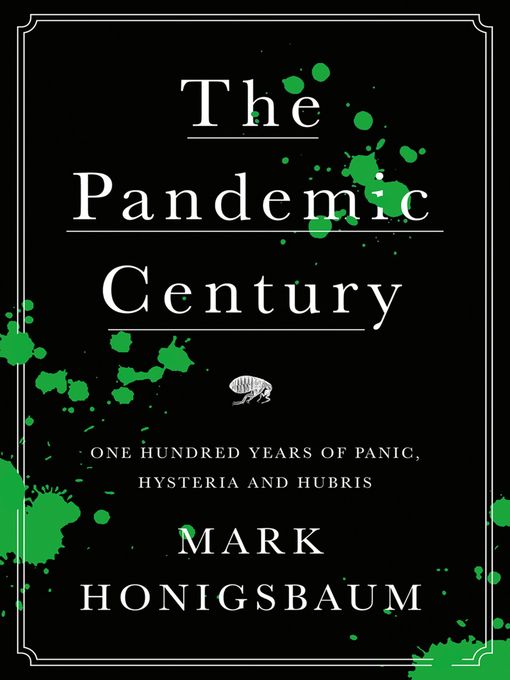Like sharks, epidemic diseases always lurk just beneath the surface. This fast-paced history of their effect on mankind prompts questions about the limits of scientific knowledge, the dangers of medical hubris, and how we should prepare as epidemics become ever more frequent. Ever since the 1918 Spanish influenza pandemic, scientists have dreamed of preventing catastrophic outbreaks of infectious disease. Yet, despite a century of medical progress, viral and bacterial disasters continue to take us by surprise, inciting panic and dominating news cycles. From the Spanish flu and the 1924 outbreak of pneumonic plague in Los Angeles to the 1930 'parrot fever' pandemic and the more recent SARS, Ebola, and Zika epidemics, the last 100 years have been marked by a succession of unanticipated pandemic alarms. Like man-eating sharks, predatory pathogens are always present in nature, waiting to strike; when one is seemingly vanquished, others appear in its place. These pandemics remind us of the limits of scientific knowledge, as well as the role that human behaviour and technologies play in the emergence and spread of microbial diseases.
- New eBook Added!
- New Kids Added!
- New Teen Added!
- Career and Employment resources
- Citizenship & Immigration resources
- Computer Books
- ESOL resourses
- Travel Guides
- Popular e-Books (no waiting)
- See all ebooks collections
- New Audiobooks Added!
- New Kids Added!
- New Teen Added!
- Try Something Different
- Learn a Language
- Popular Audiobooks (no waiting!)
- See all audiobooks collections
- Just added
- Most popular
- Try something different
- Browse Magazines
- Spanish Magazines
- See all magazines collections
